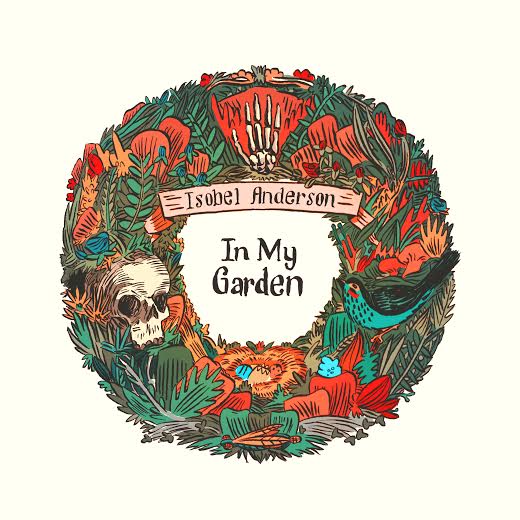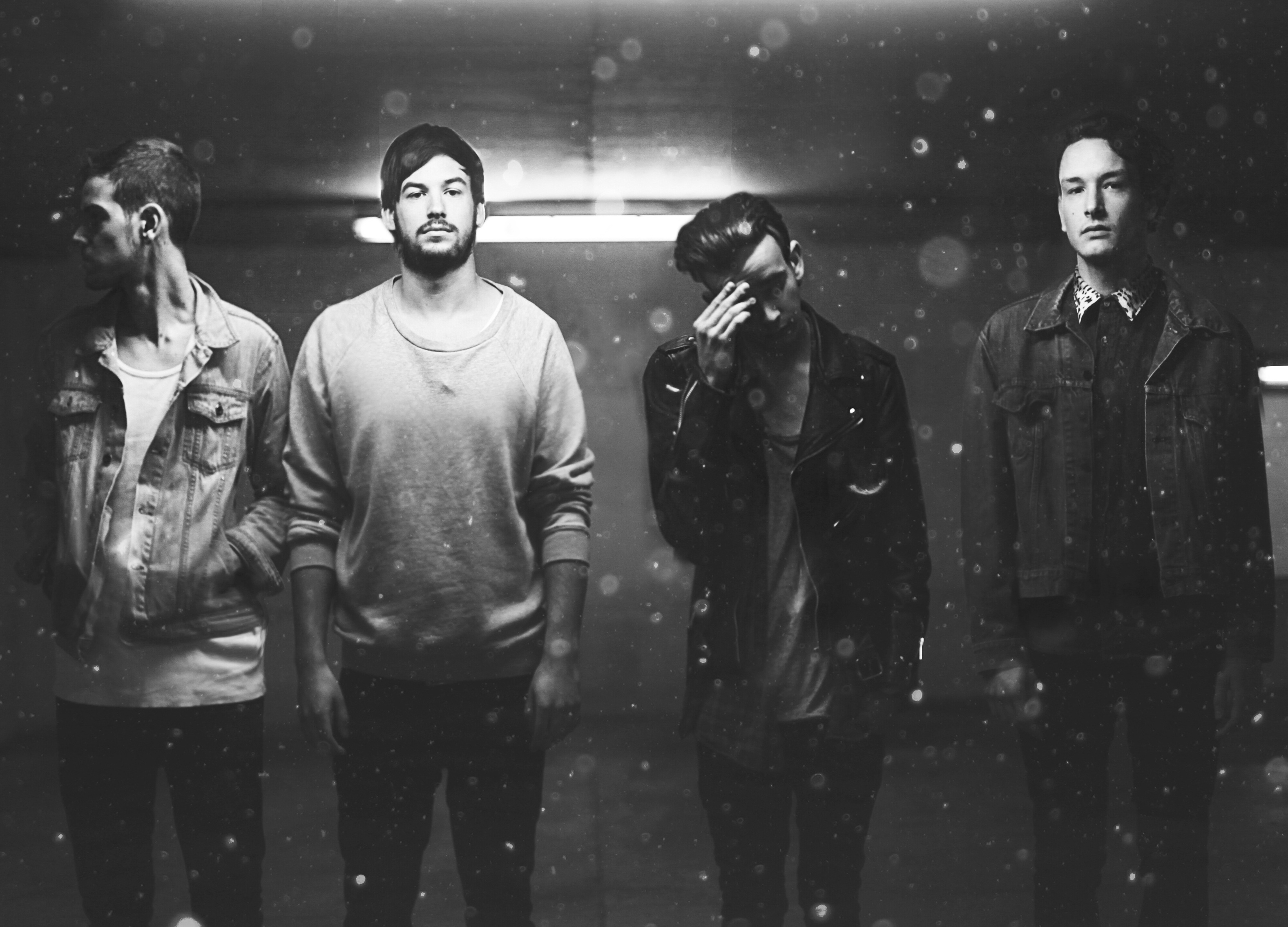
Three increasingly majestic studio albums in, Belfast-based experimental singer-songwriter Isobel Anderson has steadily established herself as one of the finest forward-thinking artists of a generation. Held in the highest of esteem by critics including BBC Radio’s Lauren Laverne and Jamie Cullum, to name but two, the East Sussex-derived musician talks to Brian Coney about inspiration, experimentation and how artists can break free from pre-conceived musical confines.
Hi Isobel. You released your superb third album, In My Garden, in December last year. How did you approach things, from both a songwriting and recording perspective, on the record?
In terms of songwriting, the album evolved much like my first, Cold Water Songs, in that most of the songs were written at a particularly tough time. The album gave me something to focus on and bring expression to how I was feeling. In terms of recording, it was the first time I had block booked a studio for a couple of weeks. Before I had recorded in stages mainly myself. It was a completely different experience to work with a sound engineer and be able to completely absorb myself in the process over a condensed period of time.
You strike one as an artist constantly desirous of progression and experimentation. Where does this creativty stem from, in terms of influence and inspiration?
It think it comes from lots of places. I can’t see how an artist – or anyone for that matter – could feel fulfilled by repeating their process and creating the same results everyt ime. More and more now, I try and listen to music I haven’t come across, regularly. So when I’m writing my own music, it inevitably has a different sound from my previous work. But I think I draw from lots of different places, for example, David Lynch films, spoken word artists such as Laurie Anderson, folk singers such as Sandy Denny and Shirley Collins, artists using field recordings such as Hildergard Westerkamp, folk-tales and writers such as Kent C. Ryden, who I quote on the album sleeve.
The album featured various field recordings, which is an aspect you’re becoming increasingly renown for. Where’s the appeal in field recordings for you as a musician?
I’m a lucky old sod and am currently doing a PhD in Sound Art, and previously did an MA in Sound Art, both at SARC in Queen’s. During my time there, the practice that stood out the most as something I was inspired to create with was field recording and soundscape composition. For me, it is rather like songwriting in that it gives me the chance to tell stories of my surroundings. Voice seems to be a natural partner to field recordings. Together they speak about the people and places all around us, and can give a certain perspective to the world.
From a more general perspective, how do you think you have matured as an artist over the course of your three albums. Have you become daring?
Hmm… not sure I’ve become daring. I guess I’m turning 30 this year and am becoming a little bit more curmudgeonly in my old age. I don’t care much about whether something’s too depressing, smutty or different from how the main stream music industry might want me to be. In My Garden was nothing about producing a radio friendly, A&R executive pleasing record. It was about raw expression, creating songs that were not only musical, but also something that linked back to real experience. I think integrating my work with field recording has given me that choice, but also, I just believe it’s the right thing to do. I wanted to make an album that was an honest representation of me. Perhaps that’s daring. But in my mind there was no other way to make this album.
Like many great musicians, you have recently battled with tinnitus. How has this struggle impinged upon your music and approach to songwriting?
I would say it has not impinged on my music in a negative way. In the beginning It was hard going back into a studio environment as it exacerbated it. Anywhere quiet in the beginning was a scary place to be. I was so scared of the sound. But now I don’t fear it and can do most things with no problem. Funnily enough I was just in the studio this morning recording, and while I was speaking into the mic, I heard a new tone. I didn’t know whether it was in the room or my tinnitus. That happens sometimes, but it’s not too off putting. It has made me very grateful that I have good hearing still, now I understand the influence our hearing has on our experience of the world. I guess, if nothing else, it has made me take comfort and enjoyment from my songwriting.
You’ve received some well-deserved praise for your craft over the last couple of years. To what extent do you measure your success by the approving words of respected people?
It’s a great great compliment to be praised by anyone really, and it’s brilliant when it’s people you respect. I’m so happy that my music has been played on radio programmes I listen to. Being played on Radio 2 and Radio 6 Music is brilliant. It’s also meant a great deal to me that so many people have given their support by listening to my music. I also really value people getting in touch who have been through similar experiences with tinnitus, for example. I’m really glad I have made music that can give some kind of comfort to people in that way.
Looking forward, how is 2014 shaping up for you in terms of writing, recording and performing/collaborating?
At the moment, it’s looking like a big old PhD. This is my last year so I’m going to be stuck to a computer on in the studio most the time. But hopefully this will yield some more experimental work. I’m hoping to make a ten minute piece using sung voice, spoken word and field recordings about a river near my home town which will be a live performance as well. Hoping to get that all ready for spring/summer this year. So I’m very excited about that.
Lastly, as a forward-thinking musician who continues to mark out her own path, what advice would you give to any young musicians thinking of breaking free from convention and trying things differently?
I would say, listen, watch, read and experience as much music, art, theatre etc… as you can. Then also, just go and try things out, knowing that you’ll get it wrong, and in the beginning it will feel like a big mess. If you let your imagination and intuition lead you, it’ll pull something out of the hat.





